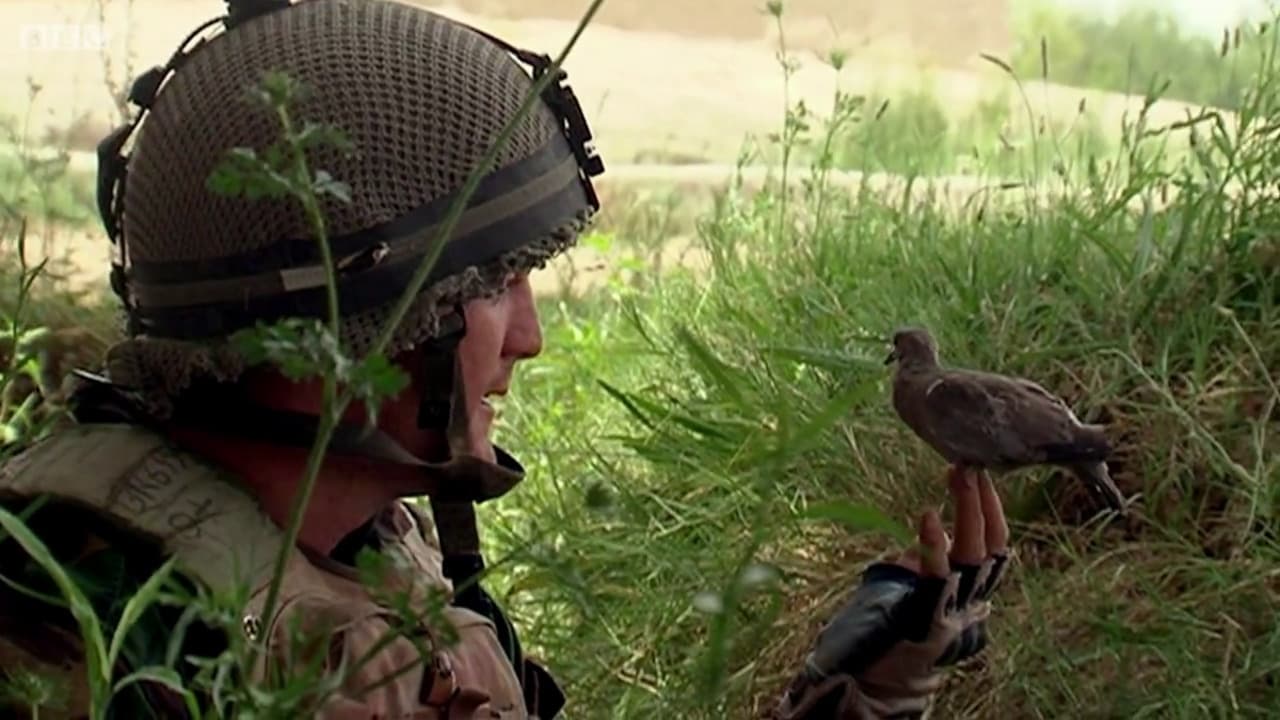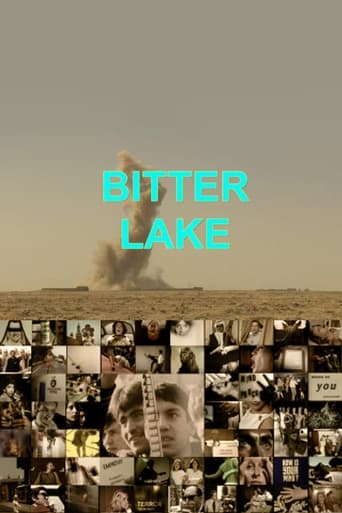

Wonderful character development!
... View MoreTakes itself way too seriously
... View MoreI gave it a 7.5 out of 10
... View MoreI enjoyed watching this film and would recommend other to give it a try , (as I am) but this movie, although enjoyable to watch due to the better than average acting fails to add anything new to its storyline that is all too familiar to these types of movies.
... View MoreThere are a lot of very detailed and thoughtful reviews of this movie if you want more help determining if you should watch this film. I want to talk about how to watch it. Because you should, if you can stand it. I thought some of the information on the history of the U.S. relationship with Saudi Arabia and how it affected Afghanistan to be interesting and relevant.But, as with a few other reviewers, I felt a lot of the footage was unnecessary and distracting. We learn that things aren't always as black and white as they presented to us in news stories - that the messages have been simplified to make it easier to grasp and perhaps to hide mistakes that have been made. But in this "experimental" documentary, the explanations are muddied with clips that perhaps are designed to make us think, but in my case a lot of my thoughts were, "What is the point of this?" "Bitter Lake" could be an important movie if it were a lean 80 or 90 minutes long instead of 2 1/4 hours.But if you try watching and find yourself losing patience at times as I did, or if you are hesitant to even start watching, I have a suggestion. Watch the screen only when the narrator voice-over is present. This will give you the bulk of the orderly, historical stuff. Look away when it shifts to people dancing, or a soldier balancing a small bird in his hand. Do text messages during the comedy movie clips, or when the camera focuses for 30 solid seconds on the death stare of a "freedom" fighter. Obviously, this will be more easily achieved watching at home than in a theater, and cost a bit less, also.
... View MoreFirst documentary I've tried to watch that substituted actual narration for the insertion of random video clips and annoying background music. There's just enough narration in parts I guess for it to classify as a documentary, but the complete random selection of clips and music started to drive me nuts after a while.For example, "President Karzai's Motorcade" shows on the screen, followed by a lot of shooting and the aftermath. But it comes at a fairly random point, and there are no explanations, just UFO landing music in the background.Don't get me wrong, I lasted the whole thing and some of it was very interesting, but I got the distinct impression someone is touting for awards rather than a coherent narration.
... View MoreThis film marks a new era in online content from both one of the worlds great broadcasters and filmmakers. Rather than be constrained by the formats of television and convention of breaking things up into mini-series (Curtis has already made several of such landmarks), Adam Curtis has been given the freedom to make a lengthy, challenging feature documentary that has gone straight to BBC iplayer.The result is a departure from his usual heavily-narrated work to a much more impressionistic piece of cinema that uses the metaphor of SOLARIS for the incomprehensible Afghanistan and related middle east conflicts. Raw footage is able to speak for itself. Typically cutting-room-floor material, such as shaky re-framing between shots is used to express something of complexity, like reading between the lines. The BBC's job is to be relevant and provide what the market is unable to do. Here, the BBC triumphs, Curtis having the shackles taken off has delivered a giant canvas of grey with various drip patterns, which is the perpetual mess of foreign intervention in Afghanistan and western policy in the middle east. The closer you get, the more complicated it is.Labor, Conservatives, Democrats and Republicans all get a hiding in the cyclical mess, which is examined via the extensive BBC archives to Which Curtis was given full access to. Some highlights include:Art teachers sent from England to the Afghan war effort to educate Afghanis about Marcel Duchamp and the early Avant-Garde. British "supermarket" for high-tech weaponry, set out like a luxury department store of big-toys whose customers are wealthy Gulf states. In Thatcher-era Britain, this was one of the most thriving industries. Highly recommended. This marks a new era because instead of bite-sized webisodes, this is a very serious piece of long-form filmmaking being made exclusively for what must become the main platform for public broadcasters world wide (online content). Though counterintuitive to what we perceive online content to be like, work like this is vital both in-itself but for breaking new ground and showing us what is possible with the relatively new platform/medium. Mike Retter
... View MoreBitter Lake is a complex, intriguing yet at times confused history of UK and US interference in Afghanistan over the past several decades.The basic premise is that Western errors in the Middle East stem largely from an early accord struck by FDR with Saudi Arabia at the eponymous Bitter Lake on the Suez Canal, just after World War II. This support of Saudi Arabia, Curtis contends, indirectly led to the promotion of fundamentalist factions that have subsequently generated much of the violence in the Middle East, culminating in the ISIS movement today.It's an interesting point of view, and Curtis supports it with plenty of detail. The pay off comes when he uses this perspective to explain more recent events. For example, he shows why the 9/11 attackers, as well as Osama Bin Laden, all had a Saudi background. It's a connection that's been largely forgotten in Western media, and which I had never seen properly explained.Curtis succeeds even better at depicting the endless conflicts in Afghanistan as they must appear from the Afghan point of view. He argues convincingly that Western troops have been fighting a shadow war, engaging in the wrong battles, with the wrong foes, based on misguided objectives and a total lack of understanding of the fractured Afghan social structure. "There is something else out there, but we just don't have the apparatus to see it," says Curtis.Less effective is Curtis' tendency to frame all this in terms of good intentions that have almost certainly never existed at the highest levels of US or UK power. It may be that the troops and functionaries sent in to Afghanistan believed they were "creating democracy," but it's highly implausible that the White House or the Pentagon - or Downing Street - ever believed anything so naive and altruistic.The film is also weakened structurally by its needlessly slow pace, and by the inclusion of long stretches of video footage with no narration, which add little to our understanding. It's often not clear exactly what we're watching. Some segments - such as several minutes of a soldier playing with a tame bird - serve no purpose whatsoever, and should have been left on the cutting room floor.Nonetheless, Bitter Lake is well worth seeing, for the alternative, worm's-eye view it gives us of the endless conflict in Afghanistan. It's as if the film had been made by Afghans, to help us understand the unwarranted and wantonly destructive interventions that have been conducted by our governments in this distant and very alien country.
... View More